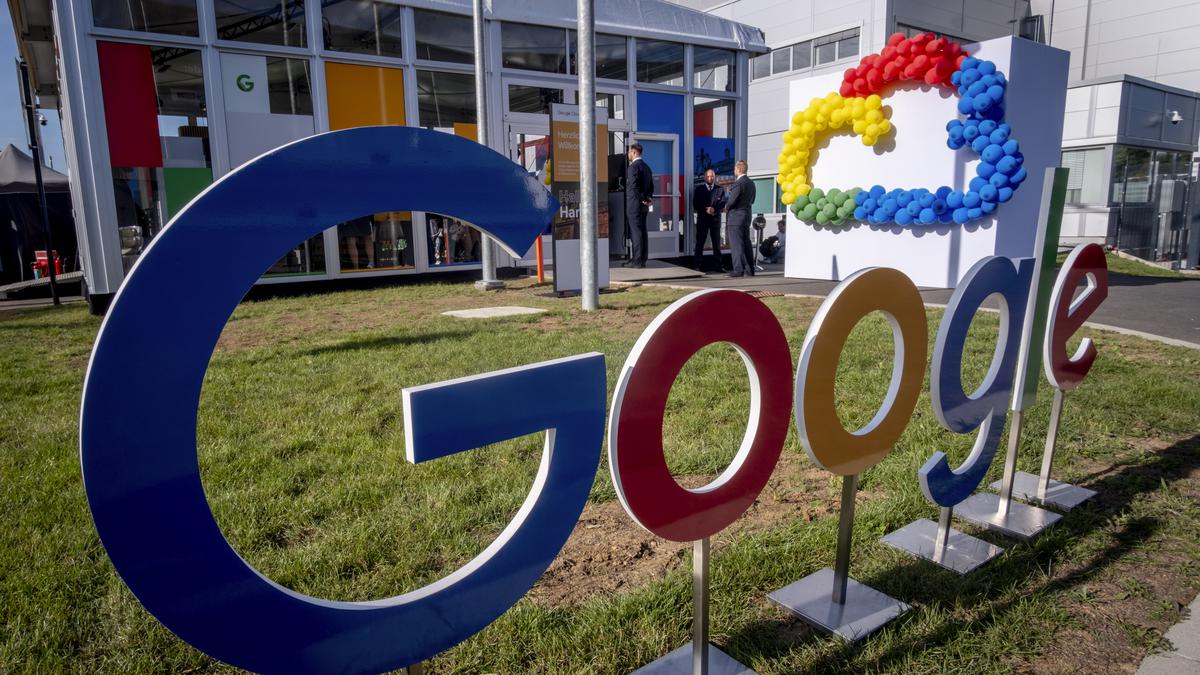
Europe's Digital Markets Act is forcing tech giants to make changes. Here's what that will look like
The Hindu
The DMA is the latest in a series of regulations that Europe has passed as a global leader in reining in the dominance of large tech firms. Tech giants have responded by changing some of their long-held ways of doing business — such as Apple allowing people to install smartphone apps outside of its App Store.
Europeans scrolling their phones and computers this week will get new choices for default browsers and search engines, where to download iPhone apps and how their personal online data is used.
They’re a part of changes required under the Digital Markets Act, a set of European Union regulations that six tech companies classed as “gatekeepers” — Amazon, Apple, Google parent Alphabet, Meta, Microsoft and TikTok owner ByteDance — will have to start following by midnight Wednesday.
The DMA is the latest in a series of regulations that Europe has passed as a global leader in reining in the dominance of large tech firms. Tech giants have responded by changing some of their long-held ways of doing business — such as Apple allowing people to install smartphone apps outside of its App Store.
The rules have broad but vague goals of making digital markets “fairer” and “more contestable.” They are kicking in as efforts around the world to crack down on the tech industry are picking up pace.
Here’s a look at how the Act will work:
Some 22 services, from operating systems to messenger apps and social media platforms, will be in the DMA’s crosshairs.
They include Google services like Maps, YouTube, the Chrome browser and Android operating system, plus Amazon’s Marketplace and Apple’s Safari Browser and iOS. Meta’s Facebook, Instagram and WhatsApp are included as well as Microsoft’s Windows and LinkedIn.













